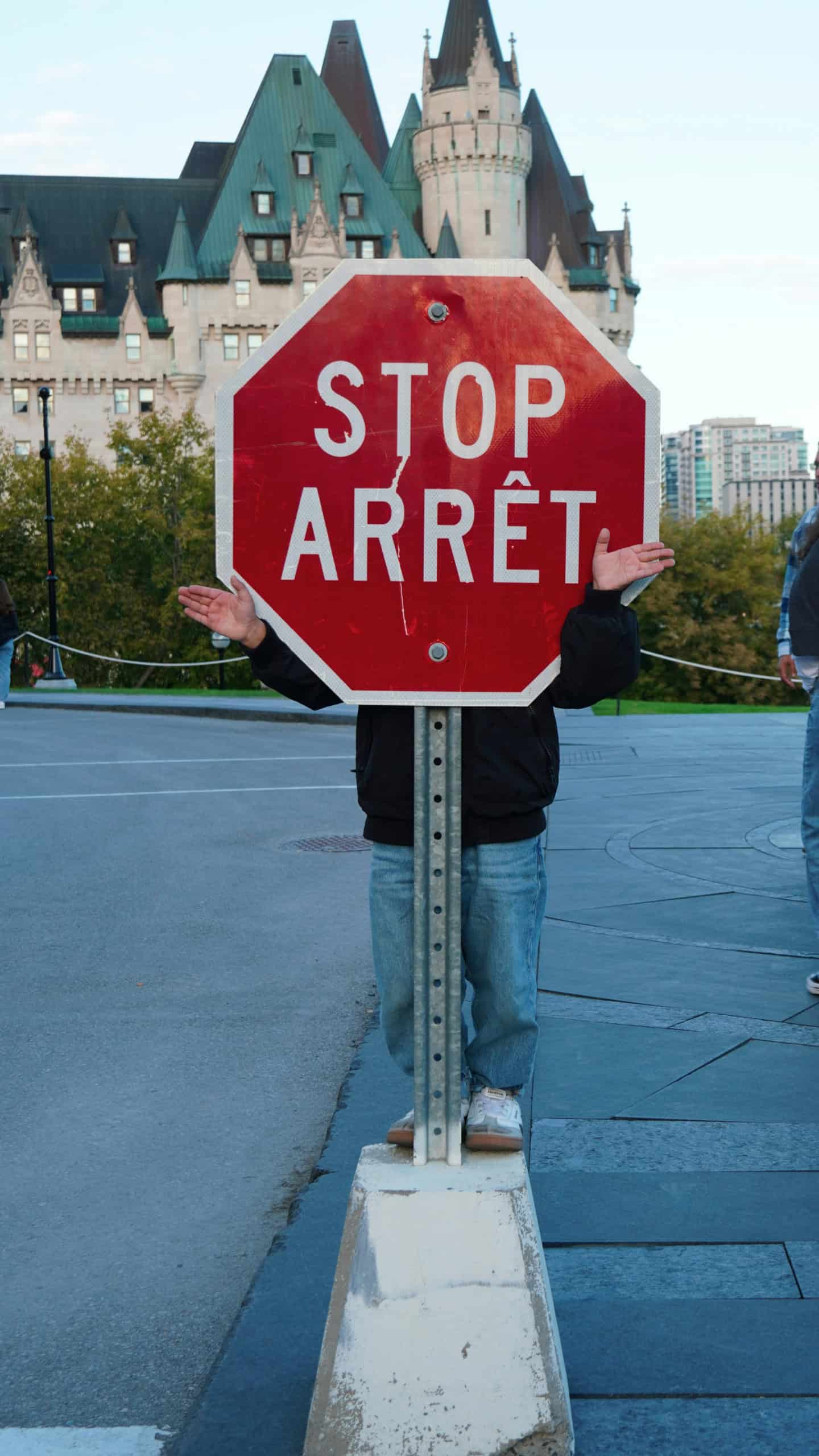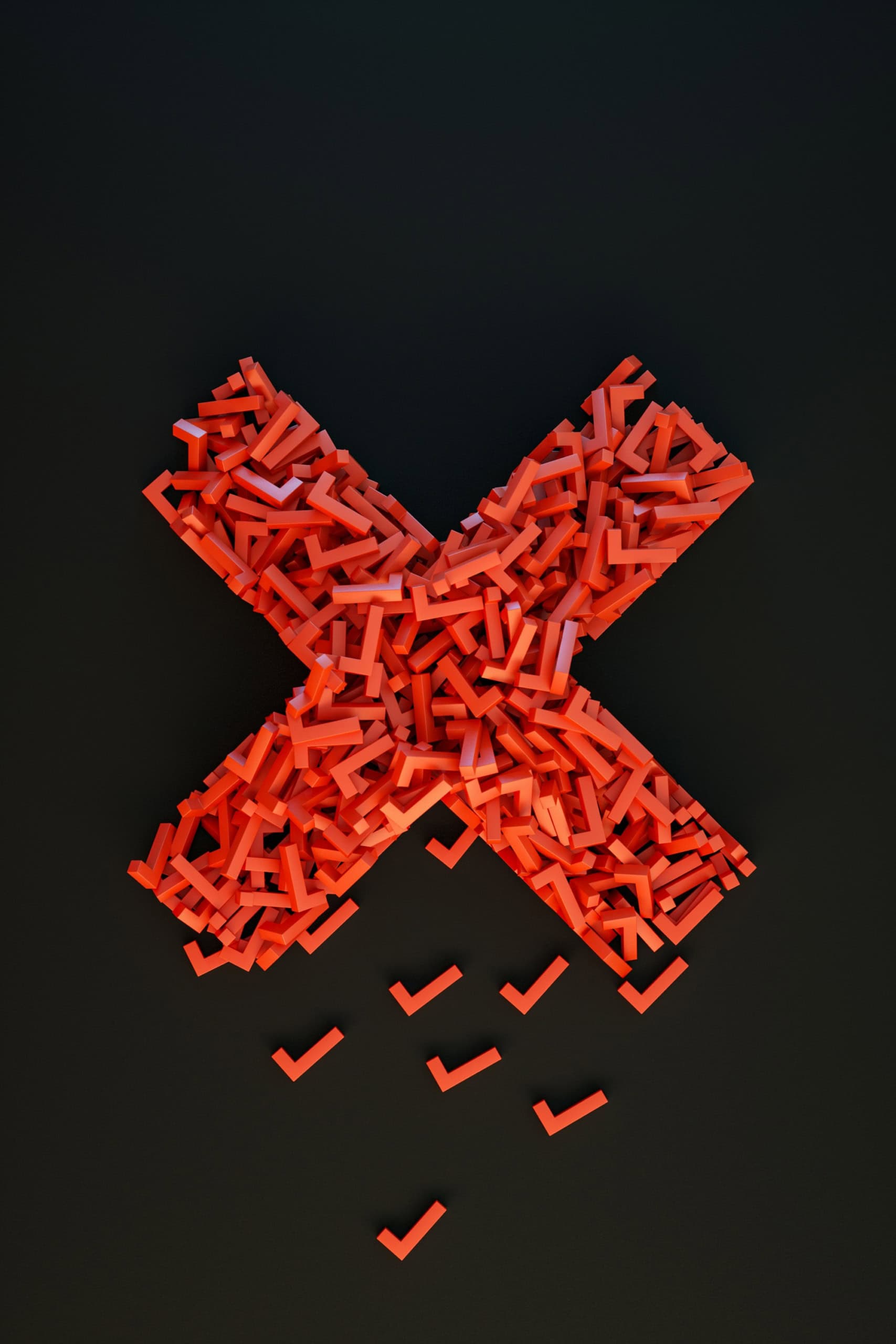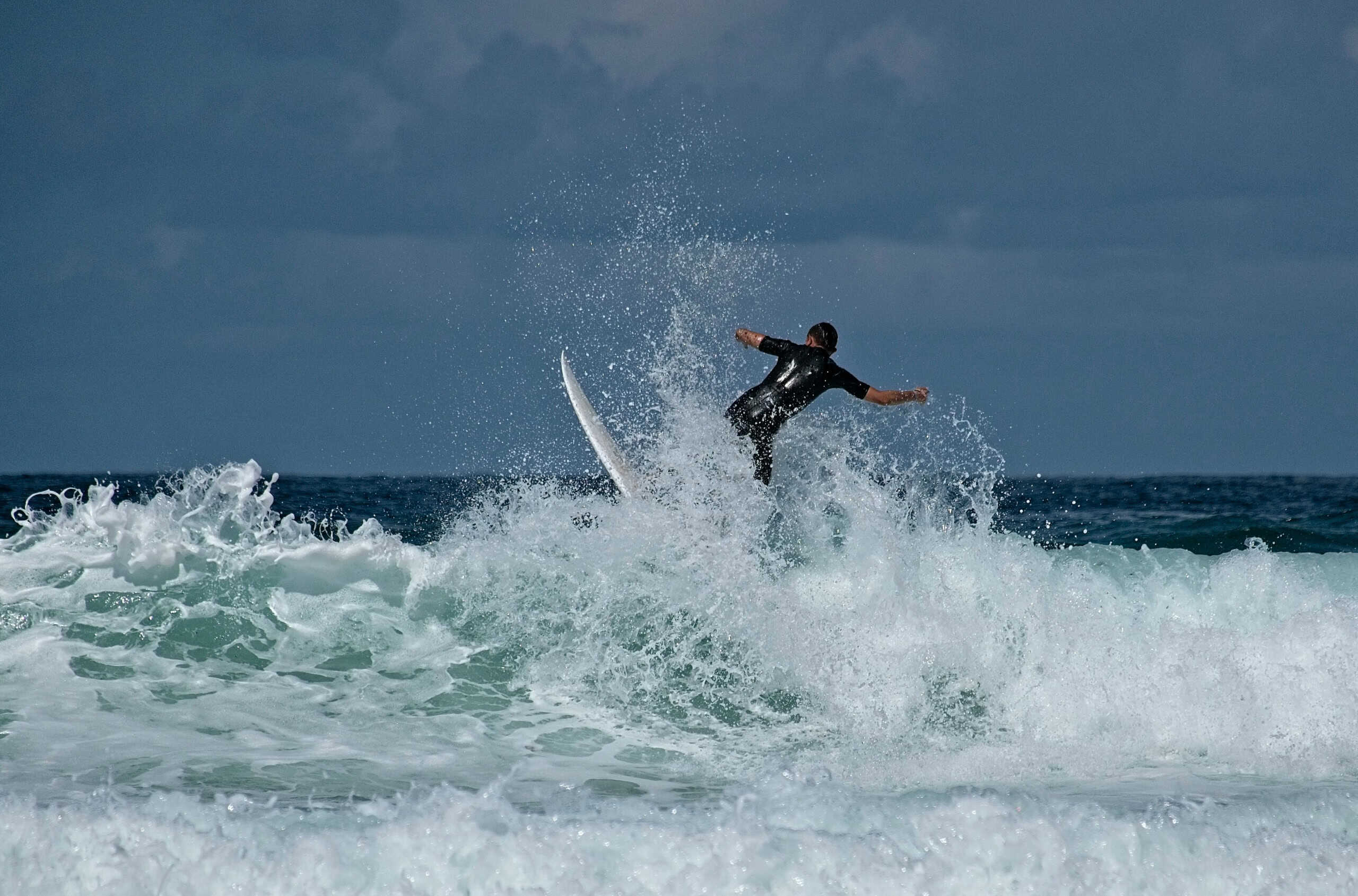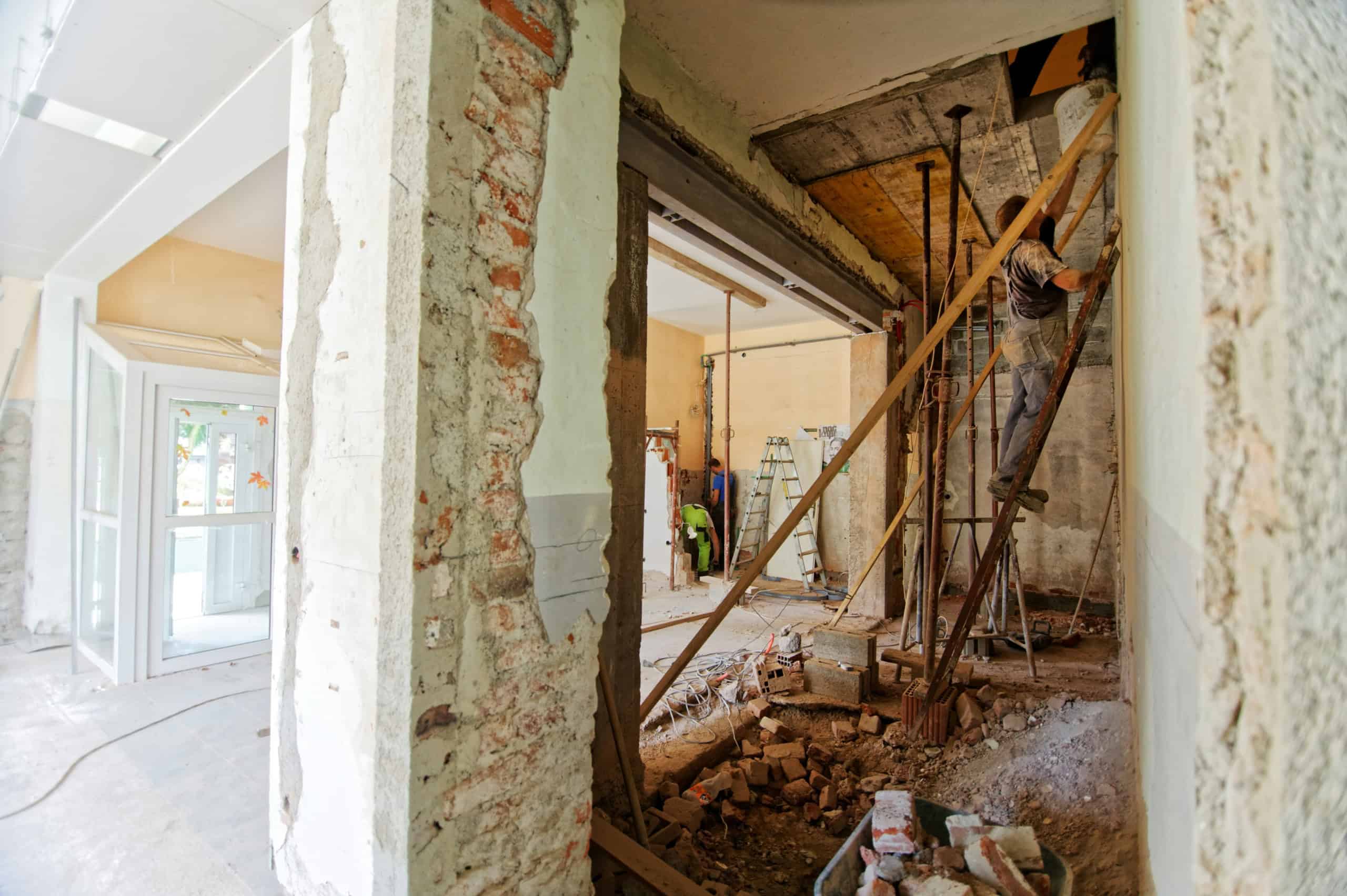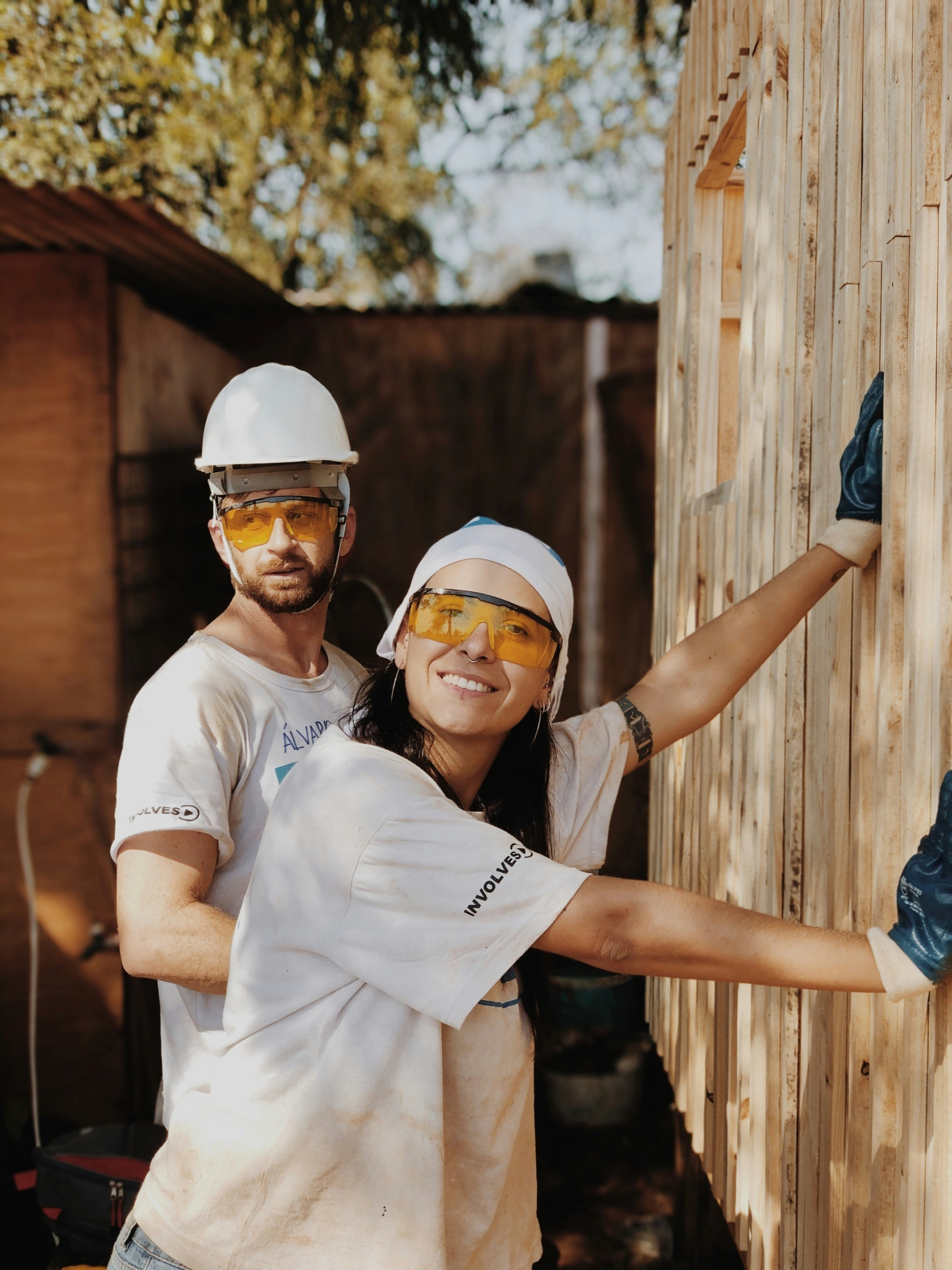Bilingualism Can Teach Us Unexpected Lessons
Sometimes I take for granted how lucky I am to have been born in a place where speaking more than one language is the norm and not the exception.
Being the son of immigrants who had no choice but to learn new languages as teenagers is also part of my family context, so there was never an excuse either.
Long time readers may recall past blogs where I’ve featured interesting anecdotes that stem from the way similar words have different meanings in English and French, or how thinking about subjects in more than one language can reveal hidden gems of insight.
If you like that sort of thing, read on. Otherwise read on anyway, unless you’re afraid you might learn something new.
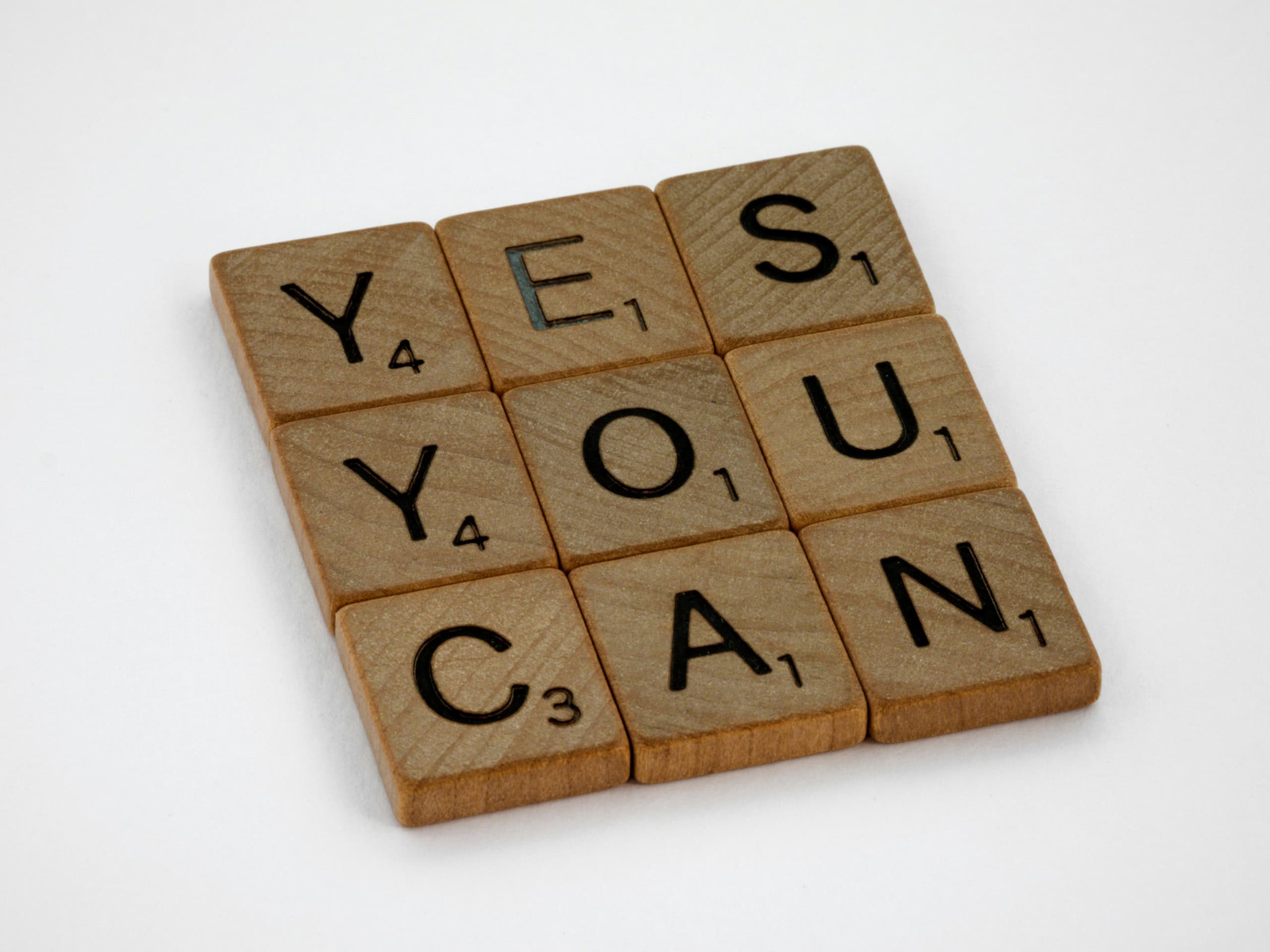
A Local Holiday Gathering of Peers
While 99% of the content I produce in this space is in English, I do speak French every day, because I live in the part of Canada where that’s the language of the majority, and because I can.
The cultural aspects of the language are not insignificant, and the realities of those whose first language and culture are French Canadian are quite different from most of the rest of North America.
While most of my peer network is not local, I maintain wonderful connections close to home as well, but mostly “en français”.
At a December gathering of this network, one veteran of this space was congratulating the organizers for bringing together professionals from various domains, so we could meet and develop connections with others who work with the same types of clients, i.e. enterprising families.
Confidence Means Trust in French
He noted that a key element that needs to be nurtured among professionals is “la confiance”, which, not surprisingly, translates into “confidence”.
And yes, when someone is confident, their message tends to land more positively.
But “confiance” is also the word that francophones use for “trust”, and that’s what he was referring to.
Lest anyone be unsure, I quickly jumped into the fray and asked him to clarify that he was in fact referring to the fact that professionals need to trust each other, and that being confident was not what he was suggesting.
He agreed and thanked me for the opportunity to clarify his point.
Flashback Moment for Me
As I write those words, I’m having a private flashback to my early days of writing these blogs, over a dozen years ago.
My kids were young teens at the time and as they saw their Dad writing a blog every weekend, they wondered, and asked, “who reads these?”, with some inherent teen skepticism.
My reply was that for now it was probably a limited number of people that would hopefully grow, but that I knew that nobody would ever hire me if they didn’t trust me, and that they could never trust me if they didn’t know me.
This remains why I continue to share my thinking here each week, writing from both my head and my heart, about the difficulties families face, as well as the challenges faced by the advisors who serve them.
You’ll note that the same “knowing someone before trusting them” dynamic also exists between professionals.
The Many Meanings of “Trust”
So we know the French word for trust is “confiance”, but what do they call a “trust”, that structure and entity that’s prevalent in our work, in the language of Molière?
I’m glad you asked.
Because a trust in French is a “fiducie”.
Well isn’t that interesting, the French name for a trust definitely conjures up some thoughts that also have their place in how professionals approach this work with families.
We need our clients to trust us, and wouldn’t it be nice if all of those who serve a family could act as fiduciaries.
The Trusted Fiduciary – Coming Full Circle
As professionals who serve families get to know one another, in the hopes of perhaps someday collaborating, understanding to what extent our colleagues are comfortable with a fiduciary standard can be enlightening.
I already know to what degree I hold my relationships with my clients dear, so before agreeing to work with others, I need to feel like their commitment will match mine.
I love it when they seem confident, but it’s only after I know that I can trust them that we can begin to work well together.

